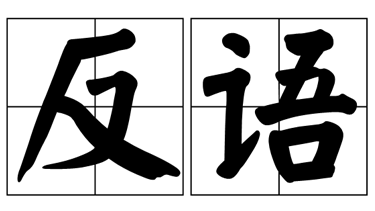Four Seasons, 四季, 四个季节, sì jì, sì gè jì jié。
Spring, 春, 春天, 春季, chūn, chūn tiān, chūnjì。
I like spring., 我喜欢春天。, wǒ xǐ huān chūn tiān.。
We participated in the spring fair., 我们参加了春季展览会。, wǒ men cān jiā le chūn jì zhǎn lǎn huì.。
Summer, 夏, xià。
Food must be refrigerated in summer., 食物在夏天必须加以冷藏。, shí wù zài xià tiān bì xū jiā yǐ lěng cáng.。
Autumn, 秋, qiū。
In autumn, leaves fall from the trees one after another., 秋天,树叶纷纷从树上掉下来。, qiū tiān, shù yè fēn fēn cóng shù shàng diào xià lái.。
Winter, 冬, Dōng。
This work will stop in winter., 这项工作将于冬天停止。, zhè xiàng gōng zuò jiāng yú dōng tiān tíng zhǐ.。
学中文【四季】🍁Four Seasons in Chinese 学汉语的四个季节 – Learn Simplified Chinese
[全文 Read More…]


